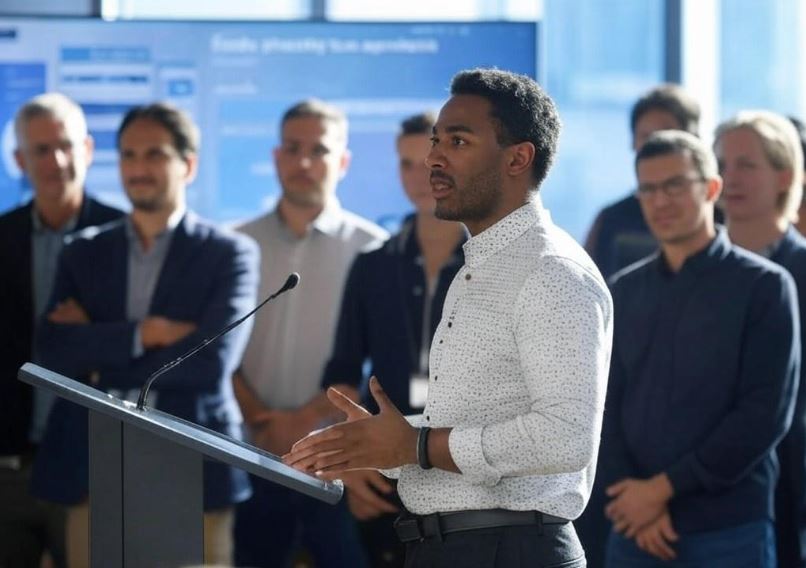
Scenario: A global charity organization aims to improve the transparency and efficiency of how donations are collected, managed, and distributed for various causes like disaster relief, education for underprivileged children, or conservation projects. However, traditional charity models suffer from high overhead costs, lack of transparency, and sometimes, skepticism about how funds are truly used.
Problem:
- Transparency: Donors often cannot track how their contributions are being spent, leading to trust issues.
- High Overhead: Significant portions of donations go towards administrative costs rather than the intended cause.
- Inefficiency: Funds can take a long time to reach the actual beneficiaries due to bureaucratic processes.
- Fraud Risk: There’s always a potential for funds to be misused or embezzled.
Web3 Solution by Web3Dev:
- Decentralized Fund Distribution Platform:
- Web3Dev creates a platform where donations are collected in cryptocurrency or converted to stablecoins, reducing transaction fees and currency conversion costs. Each donation is recorded on a transparent blockchain, where donors can see exactly how their money is being allocated.
- Smart Contracts for Fund Management:
- Smart contracts automatically distribute funds based on predefined conditions or milestones. For example, funds for a school-building project in a disaster area might be released only when certain construction phases are completed, verified by local project managers or through community consensus.
- DAO for Governance:
- The charity could operate as a Decentralized Autonomous Organization (DAO) where decisions about fund allocation, new projects, or organizational policies are voted on by token holders or members. This could include donors, beneficiaries, or community representatives, ensuring democratic fund management.
- Token Rewards for Contributors:
- Donors receive tokens for their contributions, which could offer governance rights, or be used for additional perks like exclusive updates on projects they support, or even a small percentage of interest from staked funds, incentivizing long-term engagement.
- Impact Tracking with NFTs:
- Community-Based Verification:
- Local community members or independent auditors can verify project outcomes directly on the blockchain, enhancing trust through community involvement and transparency.
Impact:
- Donors have clear visibility into where their money goes, increasing trust and potentially attracting more donations.
- Overhead costs are minimized as funds move directly from donors to causes, with blockchain handling the transaction logic.
- Beneficiaries receive aid more quickly and efficiently, with each step of fund use being transparent and verifiable.
- The system reduces the risk of fraud through its decentralized and transparent nature, where every transaction is recorded on an immutable ledger.
This use case shows how blockchain can transform charity into a more transparent, accountable, and efficient process, aligning with the global push for ethical and impactful philanthropy.




No Comments